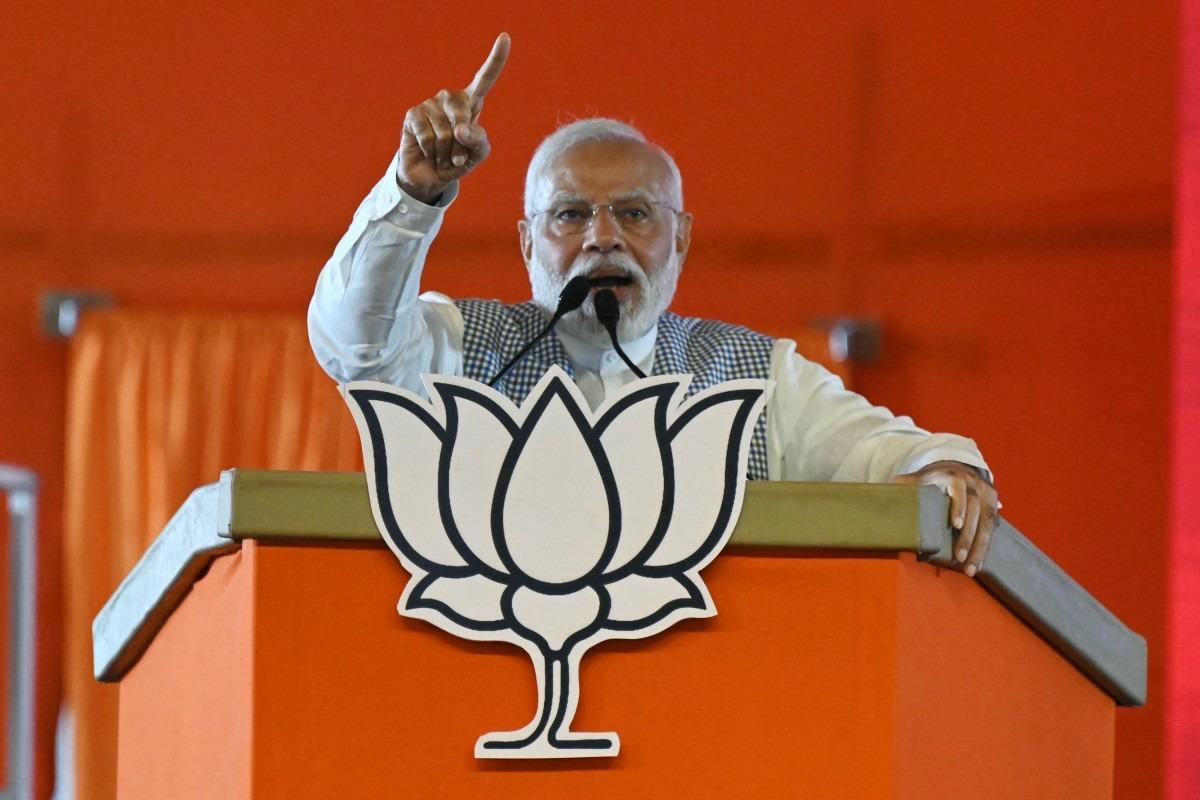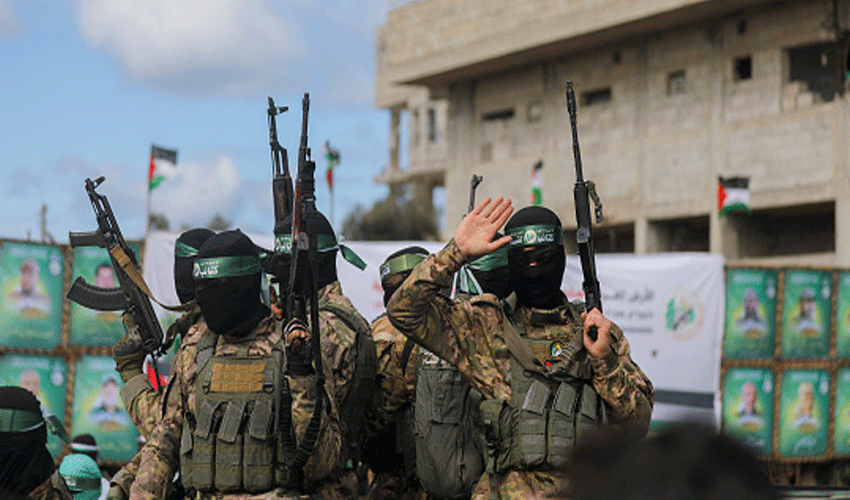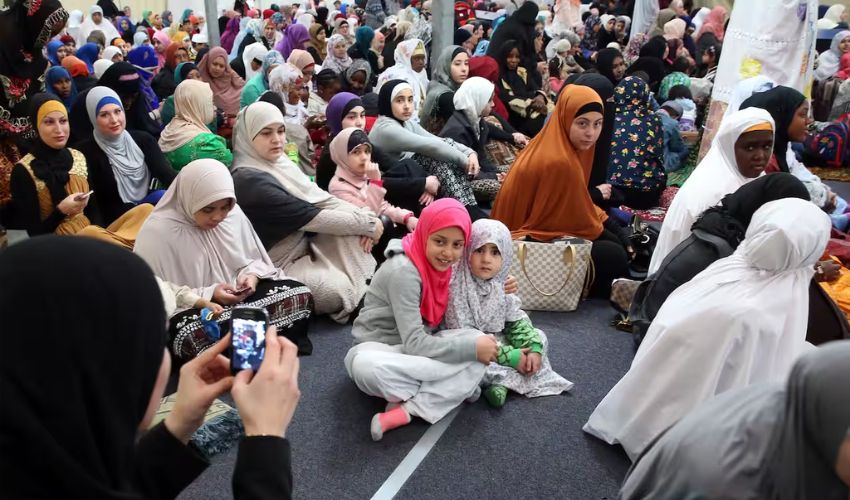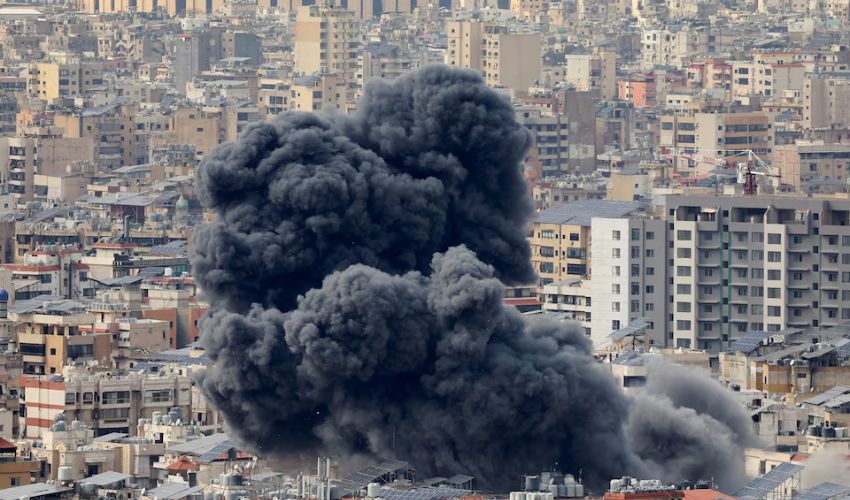Narendra Modi's govt has faced criticism for allegedly stoking animosity towards India's Muslim community.
During the 2002 Gujarat riots, Modi, then Chief Minister, sparked controversy with statements targeting Muslims, questioning the need for government-run relief camps and making remarks about Muslim fertility.
In subsequent years, Modi continued to face accusations of discrimination, including openly expressing antipathy towards Muslims and accusing them of being infiltrators and vote bank pawns.
Even after assuming office in 2014, Modi's government faced accusations of perpetuating divisive rhetoric, with instances such as equating the building of graveyards with crematoriums and making comments about Ramadan and Diwali.
The decision to field Pragya Singh Thakur, an accused in the Malegaon blasts, as a candidate for the BJP further intensified criticism, with Modi defending the move by accusing her of tarnishing India's ancient culture.
Ahead of elections, Modi has been accused of resorting to identity politics, such as singling out individuals based on their attire during anti-CAA protests and making allegations against opposition parties regarding religious symbols.
Critics argue that Modi's government is leveraging Hindutva ideology to secure electoral victories, raising concerns about the marginalization of minority communities, particularly Muslims, in India's political landscape.



























